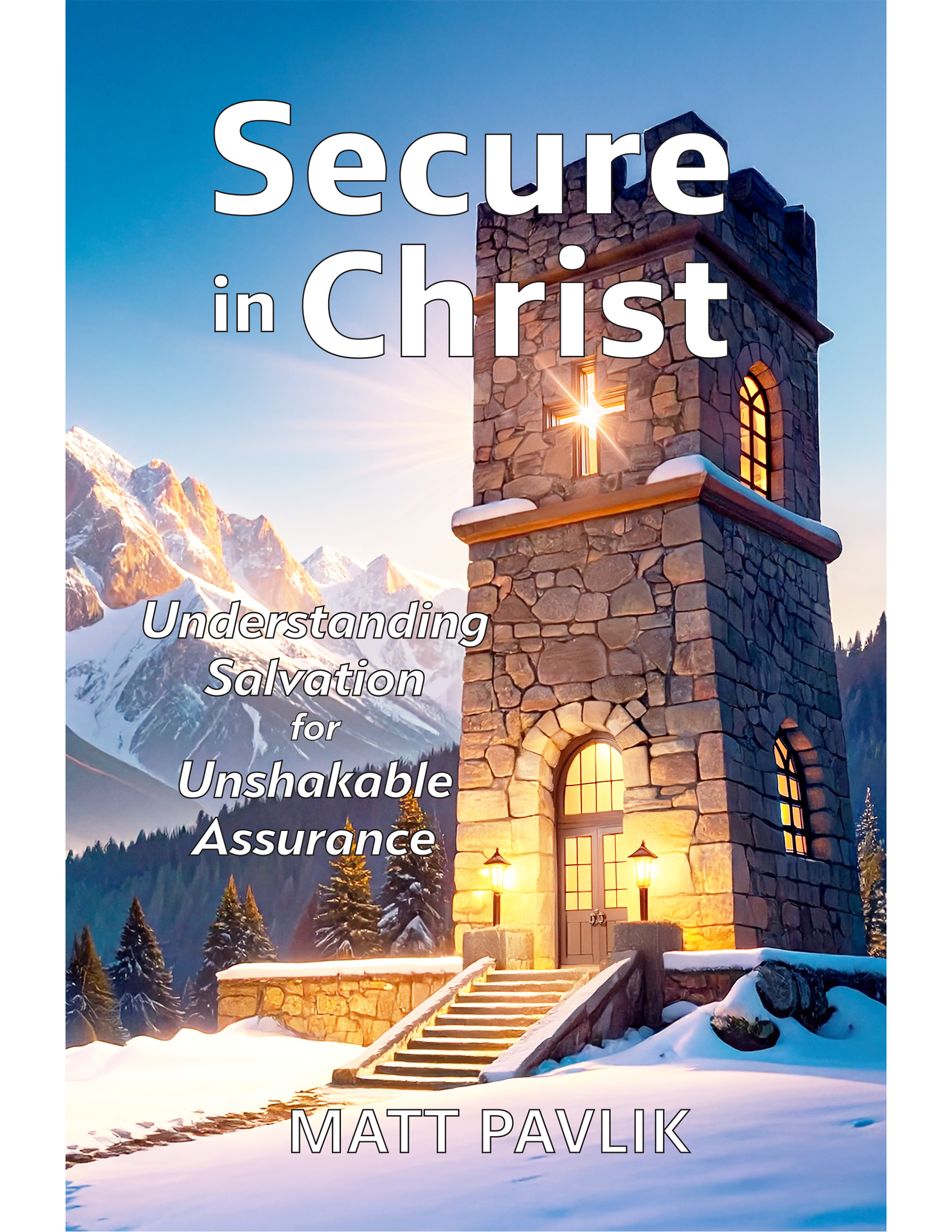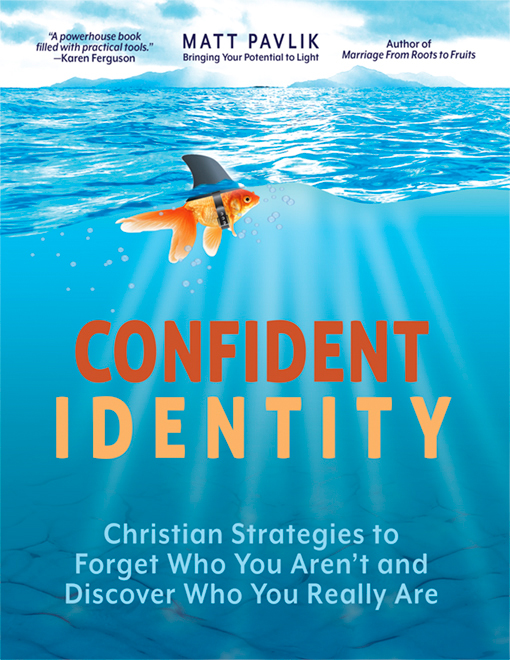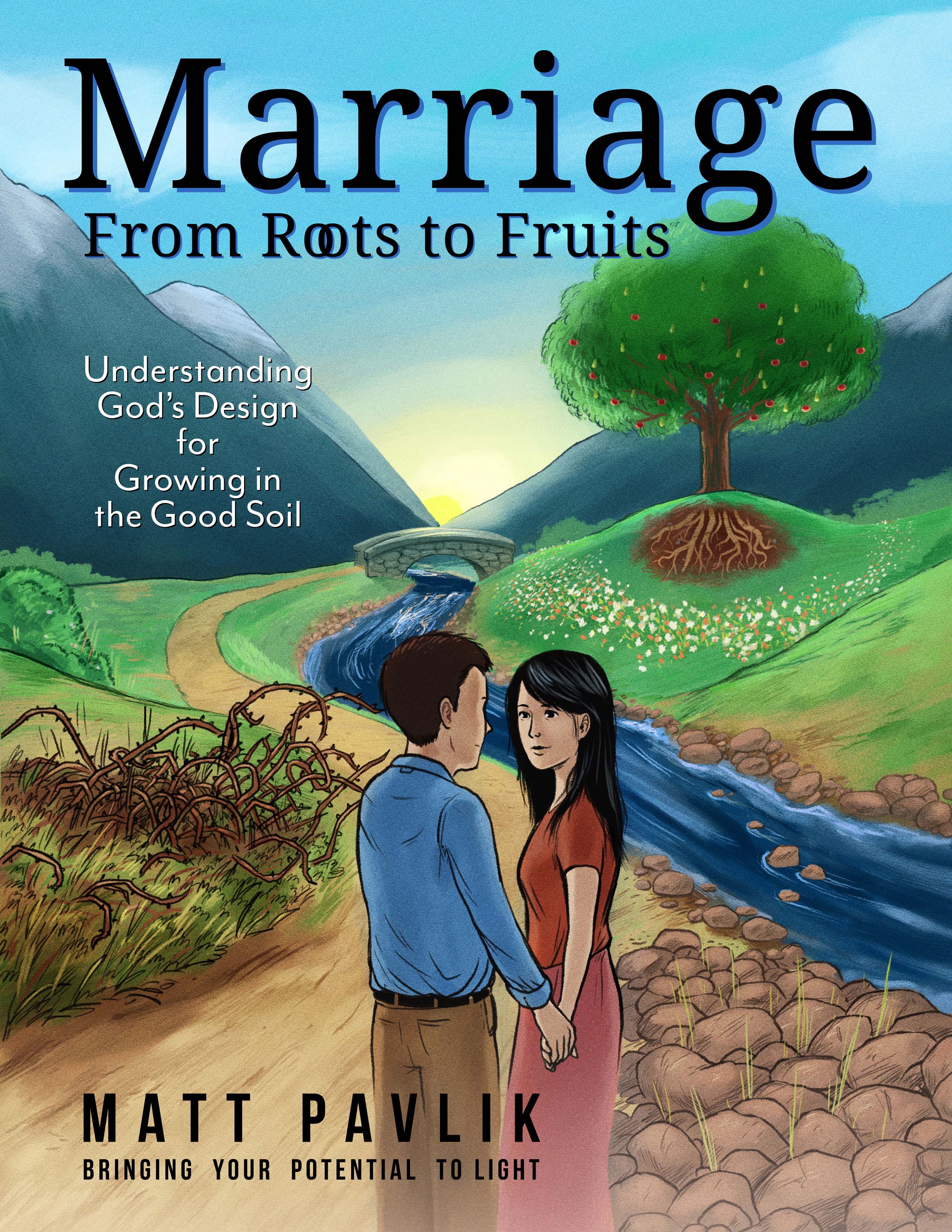When you use discernment instead of judgment, you give others and yourself a second chance.
Judgment can be condemning and therefore it can limit the opportunity to develop healthy relationships. Passing judgment has an uncomfortable finality to it–it’s a dead-end. Discernment is forgiving and graceful and, therefore, more like a two-way street. Using discernment allows you to filter out what is harmful, but stay in touch with what is good in others.
In Matthew 7, Jesus first speaks against judgment and then recommends using discernment:
“Do not judge, or you too will be judged. For in the same way you judge others, you will be judged, and with the measure you use, it will be measured to you. “Why do you look at the speck of sawdust in your brother’s eye and pay no attention to the plank in your own eye? How can you say to your brother, ‘Let me take the speck out of your eye,’ when all the time there is a plank in your own eye? You hypocrite, first take the plank out of your own eye, and then you will see clearly to remove the speck from your brother’s eye.
Matthew 7:1-6 NIV
“Do not give dogs what is sacred; do not throw your pearls to pigs. If you do, they may trample them under their feet, and turn and tear you to pieces.
What do you consider to be some of the most difficult things to do? Would any of these make your list?
- Public speaking
- Saying “I’m sorry.” or “I was wrong.”
- Skydiving
- Running a marathon
- Being rejected
- Confronting a bully
Discernment Increases Your Self-Awareness
Looking in a mirror (both literally and figuratively) can be challenging. Most people try to avoid seeing themselves as they really are. No one likes bad news. Who wants to look in a mirror and notice a long list of defects? So, I say looking for the log in your eye is the hardest thing you’ll ever do.
Fortunately, it’s also the most rewarding. What would you rather do:
- Get up, go to church, come home.
- Get up, go to church, come home, look in the mirror, and make any adjustments.
- Get up, look in the mirror, make any adjustments, go to church, come home.
I think you’ll agree that #1 requires the least amount of effort (unless you plan to sleep in and skip church altogether). #2 and #3 are about the same amount of effort, but #3 is likely to produce the best results (if you don’t want to be laughed at because your hair is a mess).
Exploring what’s going on inside of you is called introspection. Too much of it and you can become caught in “analysis paralysis.” But with too little, you can be like a bull in a china shop.
Discernment Improves Your Relationships
If you can learn how you work, you’ll have a much better chance to know how to help someone else. Introspection is hard work, but it can prevent you from judging others.
So much conflict could be avoided if people could be humble enough to engage in frequent introspection. Luke has a good example of this:
“Two men went up into the temple to pray, one a Pharisee and the other a tax collector. The Pharisee, standing by himself, prayed thus: ‘God, I thank you that I am not like other men, extortioners, unjust, adulterers, or even like this tax collector. I fast twice a week; I give tithes of all that I get.’ But the tax collector, standing far off, would not even lift up his eyes to heaven, but beat his breast, saying, ‘God, be merciful to me, a sinner!’
Luke 18:10-13 ESV
The first guy is focused only on his strengths and the other guy’s weaknesses. The second guy is focused on himself–he is trusting God will make him righteous. When you are feeling vulnerable or weak, which person would you rather have as a friend?
Read more about the meaning of Matthew 7.
Read more about using feelings to help you discern.
Image by Manfred Richter from Pixabay
Matt Pavlik is a professional counselor, author, and devoted follower of Christ. With decades of experience in Christian counseling, he writes with theological depth and everyday clarity. His resources—centered on salvation, identity, marriage, and emotional healing—are anchored in Scripture and guide believers to discover the freedom of their identity in Christ and the security of their salvation in Him. He and his wife Georgette, married since 1999, live in Centerville, Ohio, and have four adult children.




[…] way to negotiating a solution. Instead of judging the “wrong” perspective, you can use discernment to improve the relationship. This shift moves the conversation from “Who is right?” to “How can we both feel […]